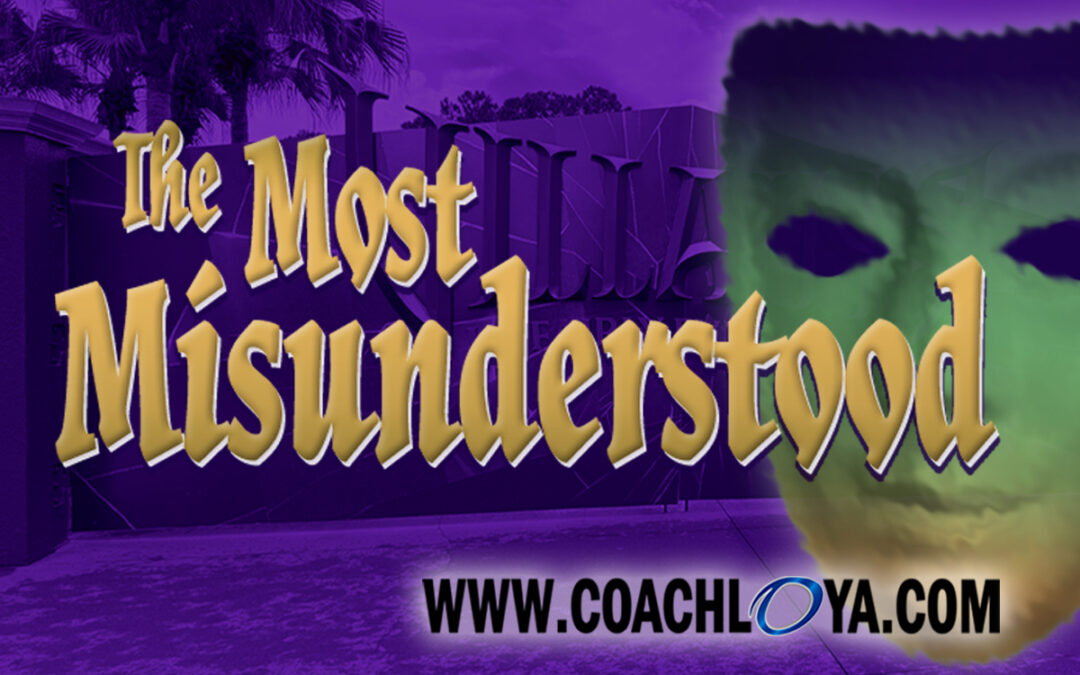Walt Disney World introduced a new stage show at Hollywood Studios this summer dedicated exclusively to villains. As an annual passholder and frequenter of the “parks,” Disney Villains: Unfairly Ever After has quickly become one of my favorite Disney World attractions.
The show features iconic Disney villains, including Cruella du Vil, Maleficent, and Captain Hook, pleading their case to the Magic Mirror that they are the “most misunderstood of all.” In their minds, they aren’t evil; they’re simply unfairly portrayed.
Utilizing a combination of live actors and cutting-edge stage projections to present the villains’ perspectives, the show ultimately leaves the audience to decide who in fact is the most misunderstood Disney villain.
A fine line can separate villains from heroes. The key differentiator being their motivations. Heroes are typically portrayed as motivated by selflessness, while villains are motivated by selfishness.
However, the characters’ backstories can blur the line of distinction, revealing that their motivations are more complex than perhaps thought. For example, a character who appears selfish may have experienced betrayal in their past, making their actions more understandable and nuanced.
This situation can also apply to animosity between teammates.
Animosity often results from poor communication, personality conflicts, unclear expectations, and misunderstanding others’ motivations—especially when it comes to what is considered fair.
Things going one teammate’s way can prompt feelings of envy, jealousy, and resentment, compelling the other teammate to label a situation as not being “fair.”
In the original Disney animated classic Snow White and the Seven Dwarfs, the Evil Queen vainly asks her magic mirror: “Magic mirror on the wall, who is the fairest one of all?” Here, fair means beautiful, pretty, or good-looking.
But fair can also refer to equal treatment, equitable outcomes, or adherence to expected standards. When feuding teammates say something is not fair, they don’t mean it the same way as the Evil Queen.
Dr. Arthur Dobrin, author of The Lost Art of Happiness and Teaching Right from Wrong, says fairness comes in three varieties:
1. Sameness: Everything is equal. Everyone pays the same price. Everyone gets the same rewards. Everyone gets the same recognition.
2. Deservedness: You get what you deserve. If you work hard, you reap the benefits and are entitled to keep everything you earn. You don’t have to share.
3. Need: The individual who has more is obligated to contribute more to the greater good. Fairness is linked to responsibility.
The complexities of fairness highlight how important it is for teammates to be empathetic. Understanding which aspect of fairness your teammates refer to can reduce, or even eliminate, animosity.
You might not find your teammates to be nearly as unfair, annoying, or evil if you understand the source of their motivations. Greater understanding leads to greater unity.
Magic mirror on the wall, who are the most empathetic ones of all? Good teammates are. Want to be a better teammate? Get in the daily habit of asking your internal magic mirror this poignant question.
As always…Good teammates care. Good teammates share. Good teammates listen. Go be a good teammate.





